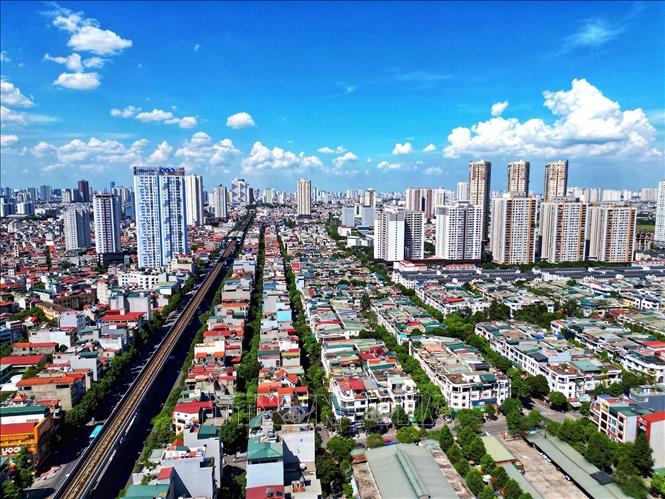
According to economic experts, the new land price list is a necessary step in land management reform, but is also a test of the ability to balance urban economic development and social security.
Many people support the adjustment of land prices closer to market prices, but there are also many voices concerned about the chain effects on life and housing prices, especially social housing prices, which will also increase, making the dream of owning a house for low-income people even more distant. Therefore, when the numbers are put on the scale, the voices of people in the suburbs - those most directly affected need to be fully listened to by authorities and policy makers. Because then, the Hanoi land price list for the period 2026-2030 will truly reflect the real value of land and the living value of the people.
According to the draft submitted by the Department of Agriculture and Environment to the Hanoi People's Committee, suburban areas such as Dong Anh, Me Linh, Hoai Duc, Thanh Tri may increase by 25-26% compared to the current price list, while the central area will only increase slightly by 1.5-2%. In fact, records in some communes in the suburban areas of Hanoi show that the proposal to sharply increase land prices in suburban areas has made many households and workers worried about the cost of living as well as the possibility of owning a house in the future.
People in suburban communes believe that when the State price list increases, compensation prices, transfer costs and a series of related fees may increase, which reduces their advantage when they need to change land use purposes or request compensation in projects.
In Tien Phong commune (Hanoi), Ms. Nguyen Thi Luyen - who owns more than 3 sao of agricultural land, confided that her family planned to convert part of the land to service. But now hearing that the new price list has increased by 25 - 30%, and the land use fee has also increased, she is afraid that she will not be able to bear it. People do not oppose the increase in land prices but only hope that the government will calculate it reasonably so that people in the suburbs will not be disadvantaged.
Not only in Me Linh, in Dong Anh (Hanoi) - where land prices once "feverishly" increased when there was news of planning a new urban area, many households also showed reservations. Mr. Tran Van Thuc, a construction materials trader in Vinh Ngoc commune, shared that the increase in land prices has led to an increase in warehouse rental prices. Small businesses do not make much profit, and now with the added costs, they are afraid they will not be able to survive.
Mr. Nguyen Van Lam, owner of a small restaurant in Thanh Tri (Hanoi), said that the rental price of the space he rented has increased slightly since mid-2025, although the new price list has not yet been applied. The landlord said he heard that land prices were about to increase, so he adjusted the rental price early. Each month, Mr. Lam has to pay nearly a million more VND in rent, but his revenue remains the same.
According to real estate expert Pham Quang Hiep, the “preemptive increase” mentality appears in many suburban areas, especially communes close to the inner city with good infrastructure. This raises concerns that the new land price list could push up people’s living costs in a chain reaction, from house and space rental to service prices.
Increasing land prices mean that housing prices also increase. Mr. Le Van Binh - a mini-housing investor in Hoai Duc (Hanoi) said that land clearance costs are the biggest concern. Enterprises do small-scale projects, targeting first-time home buyers, but if the land price list increases by 25-30%, input costs increase, then the selling price must also increase. At that time, the buyer will suffer.
The Vietnam Real Estate Association (VNREA) stated that the land price list is the basis for calculating land use fees, land rent, compensation, taxes and fees, etc., so too strong an adjustment could affect both commercial and social housing prices. Although it is necessary to increase land prices close to the market, there needs to be a roadmap to avoid sharp increases that will affect the stability of people's lives, especially in suburban areas.
Lawyer Nghiem Thi Hang - Vu Linh Law Office (Hanoi Bar Association) assessed that adjusting the land price list is inevitable to accurately reflect market prices, increase budget revenue and make transactions transparent. However, Hanoi needs a reasonable roadmap to avoid causing "price shock" that would severely affect people in the suburbs and small businesses.
Explaining this issue, Lawyer Nghiem Thi Hang said that managers need to balance two contradictions. On the one hand, the price list must closely reflect market prices in accordance with the spirit of the new Land Law to ensure transparency, prevent budget losses, and reduce the gap between state prices and actual transaction prices. On the other hand, sudden price increases, especially in agricultural/suburban areas, can create a chain reaction that increases project input costs, increases commercial housing prices, and puts pressure on low-income groups. Therefore, Hanoi should apply a step-by-step increase roadmap, combining support policies, compensating low-income people, and adjusting the compensation mechanism.
Sharing this view, Mr. Pham Quang Hiep - real estate expert said that land price increase should be divided into adjustment stages. For example, increase 10 - 15% each year in the first two years, instead of increasing all at once. At the same time, it is necessary to publicize valuation data so that people can monitor, avoid suspicion or misunderstanding.
In addition to increasing land prices according to the roadmap, the management agency also needs to publicize valuation data, calculation methods, and specific location maps. At the same time, there should be solutions to support low-income households and households whose agricultural land has been recovered through job conversion policies and land use fee reductions. In particular, it is necessary to keep prices stable for social housing projects to avoid spillover effects to the real homebuyer segment.
Source: https://baotintuc.vn/bat-dong-san/bang-gia-dat-ha-noi-can-hai-hoa-giua-gia-sat-thi-truongva-on-dinh-dan-sinh-20251104095554192.htm



![[Photo] Ho Chi Minh City Youth Take Action for a Cleaner Environment](https://vphoto.vietnam.vn/thumb/1200x675/vietnam/resource/IMAGE/2025/11/04/1762233574890_550816358-1108586934787014-6430522970717297480-n-1-jpg.webp)
![[Photo] The road connecting Dong Nai with Ho Chi Minh City is still unfinished after 5 years of construction.](https://vphoto.vietnam.vn/thumb/1200x675/vietnam/resource/IMAGE/2025/11/04/1762241675985_ndo_br_dji-20251104104418-0635-d-resize-1295-jpg.webp)

![[Photo] Ca Mau "struggling" to cope with the highest tide of the year, forecast to exceed alert level 3](https://vphoto.vietnam.vn/thumb/1200x675/vietnam/resource/IMAGE/2025/11/04/1762235371445_ndo_br_trieu-cuong-2-6486-jpg.webp)
![[Photo] Panorama of the Patriotic Emulation Congress of Nhan Dan Newspaper for the period 2025-2030](https://vphoto.vietnam.vn/thumb/1200x675/vietnam/resource/IMAGE/2025/11/04/1762252775462_ndo_br_dhthiduayeuncbaond-6125-jpg.webp)









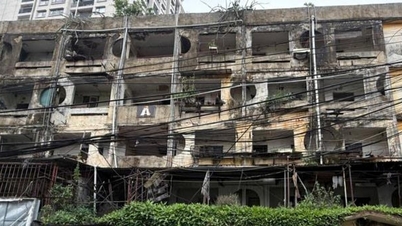







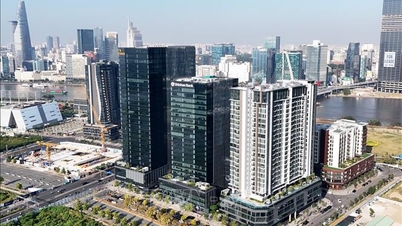
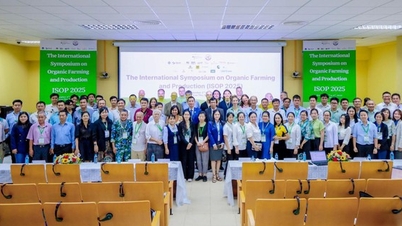








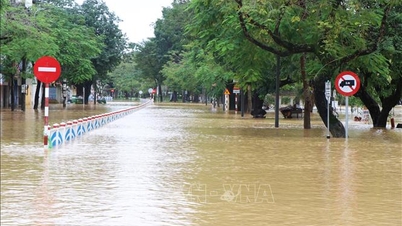



















































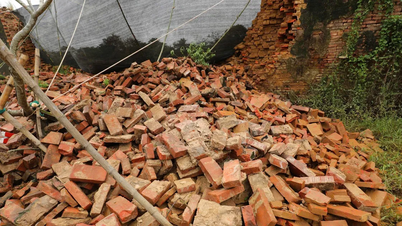




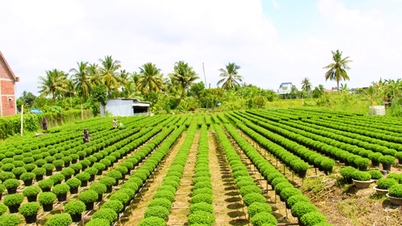


















Comment (0)